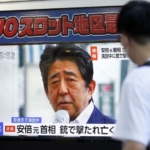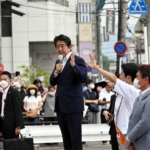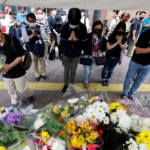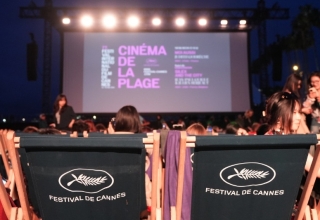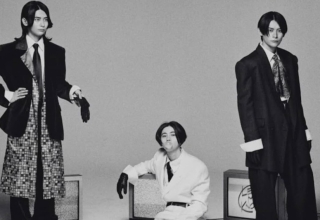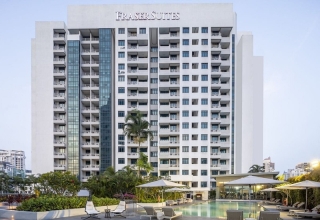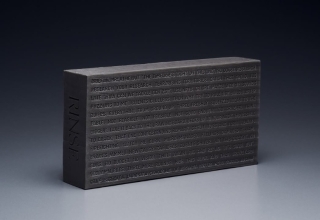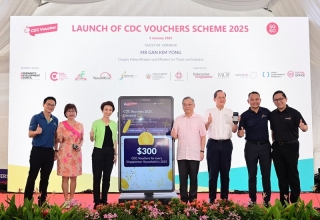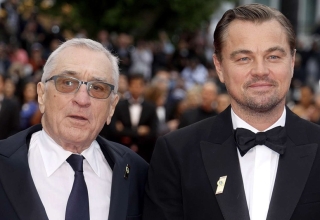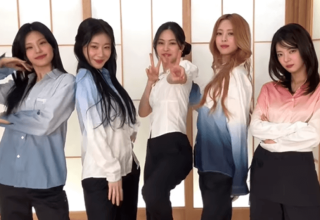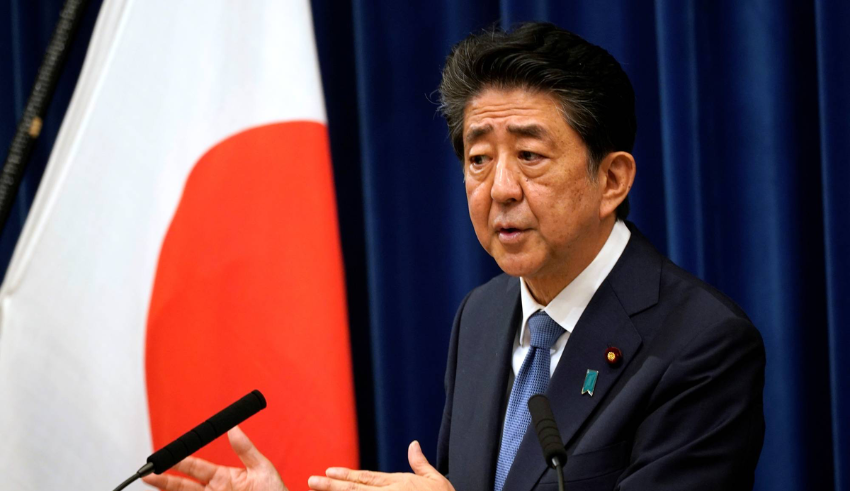
The government of Japan announced on Friday, July 22, that a state funeral for former Prime Minister Shinzo Abe, who was killed in a recent assassination, will be held on September 27. Attendance is expected from world leaders.
The event will take place at the Nippon Budokan in Tokyo, which is a vast facility that has hosted concerts as well as sporting events. In 1967, the venue also served as the location for Japan’s last official funeral for a former prime minister.
A state funeral is fitting for Abe because of his record as Japan’s longest-serving prime minister, his “truly praiseworthy” achievements, and his ties with other world leaders, according to a representative for the Japanese government named Hirokazu Matsuno.
“We will also accept foreign dignitaries, and countries with which we have diplomatic relationships, will be informed of specifics,” he continued.
On July 8, Abe was killed while campaigning in the western city of Nara. He was shot many times. Tetsuya Yamagami, the man who is accused of killing him and who is currently in detention, is said to have targeted Abe because he believed the former leader was connected to the Unification Church.
It is said that Yamagami’s mother gave significant amounts of money to the church, which her son holds responsible for the family’s current financial situation.
Shortly after Abe’s passing, his family and close friends gathered at a temple in Tokyo to celebrate his life and pay their condolences. Thousands of people gathered outside the temple to lay flowers and pay their respects.
Related Posts
The service that will take place in September will be only the second state funeral for a former prime minister in post-war Japan. The first one was held in memory of Shigeru Yoshida, who helmed Japan immediately after World War II.
Matsuno stated that the ceremony would be “non-denominational, simple, and somber” and added that the costs were still being looked into.
The initiative is being met with some opposition, particularly from parties that are opposed to the idea of spending public money on an event for a political leader.
Even though the government has stated that it does not consider the event to be one that is intended to push a political position on the general public, a group of activists in Tokyo has asked a court to issue an injunction to stop the funeral.
Abe was the most well-known politician in Japan and continued to play a prominent role in the country’s affairs even after he stepped down in 2020 due to health concerns. But he was also a controversial character who was accused of cronyism and was criticized for his fierce nationalist ideals. This made him a figure that divided opinion.
